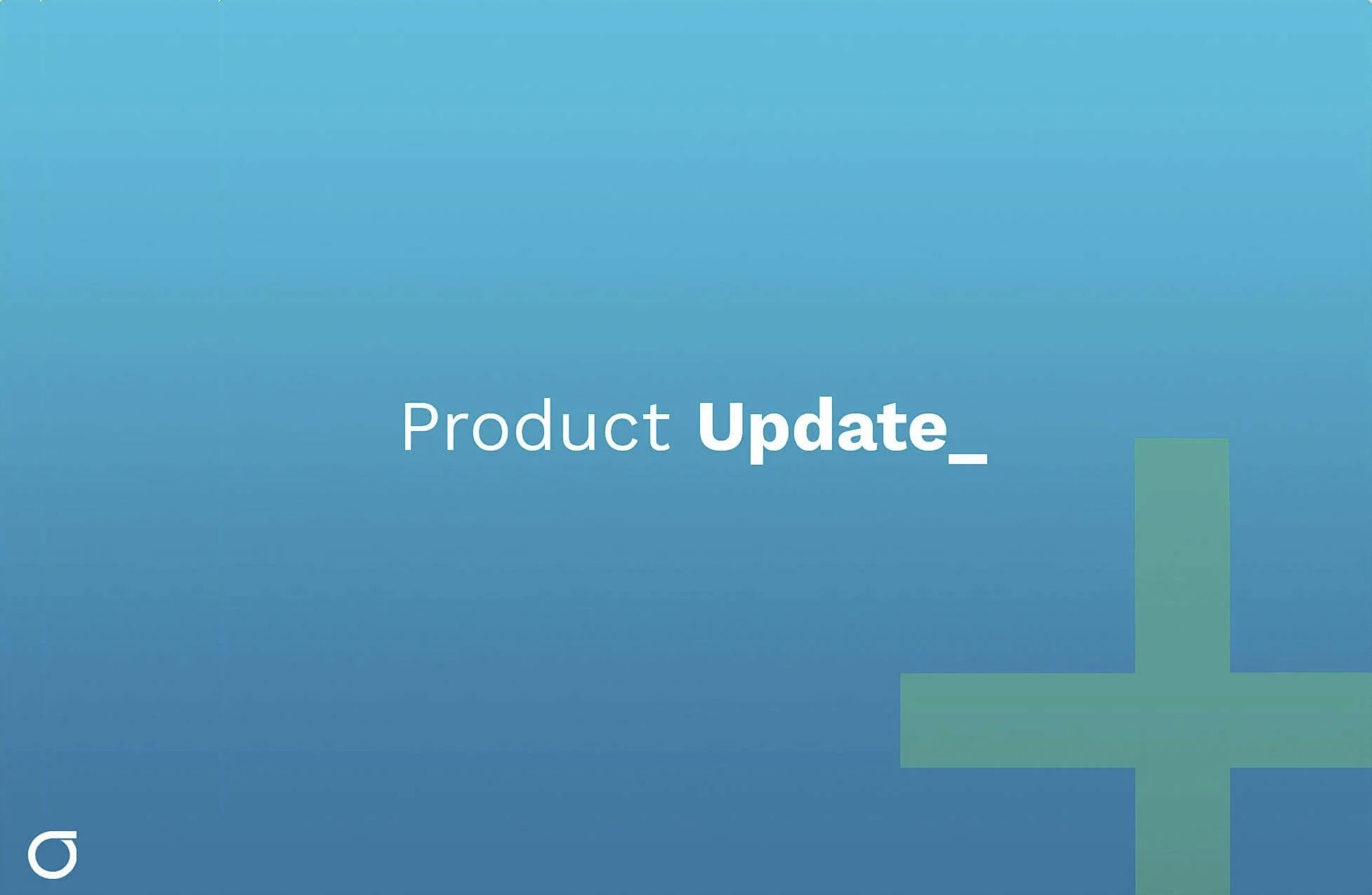This week, an investigation by Buzzfeed revealed that the Russian oligarch Roman Abramovich allegedly utilized a network of anonymous shell companies to funnel $1.3 billion in private investments with U.S. firms, an industry that has drawn recent scrutiny for its opaqueness. The details, revealed in newly uncovered banking documents from the FinCEN Files, demonstrate the effectiveness, in which the use of intricate offshore shell companies’ obscure ownership - complicating efforts for those on the front lines combating illicit finance.
According to Buzzfeed, a State Street investigation began following a 2015 Wall Street Journal report that US authorities were probing whether its hedge fund client, for which State Street conducted AML checks, knew about a loan made to Robert Mugabe, the sanctioned Zimbabwean dictator. As the bank looked into the hedge fund’s clients, it discovered a network of 10 offshore companies, based in the British Virgin Islands (BVI) and Cyprus, that held $1.3 billion in investments in various funds. According to Buzzfeed, “one of the companies in the network, Netherfield, was involved in a complex offshore transaction that raised $50 million for a company controlled by Igor Shuvalov, one of Putin’s key advisers,” which was reported in an article by Barrons in 2011. While the story did not name Abramovich as its owner, State Street investigators ultimately determined it belonged to him and discovered that following the Barron’s report, Netherfield was closed down and the funds were moved to a newly created offshore company in the BVI.
Ultimately, it was discovered that a “firm called Concord Management appeared to have been set up to oversee the investments. Yet State Street had trouble finding basic details about Concord — including whether it even existed.” According to the Suspicious Activity Report (SAR) filed with FinCEN following a months-long investigation, State Street wrote that their investigators were “unable to identify or verify the existence of CONCORD and the entity has a non-functional website,” and that “several of the individuals named as contacts have a limited internet presence.” Notably, they also wrote that the address provided for Concord Management was a commercial office park. The disclosures detailed in the SAR underscore the challenges faced by AML professionals given the ease and sophistication with which illicit actors move funds by forming and dissolving anonymous shell companies. In fact, through an analysis of all SARs in the FinCEN Files, the ICIJ discovered that in “half of the reports banks didn’t have information about one or more entities behind the transactions.” Yet, for State Street investigators, they ultimately decided to file the report after identifying several red flags indicative of shell company activity like a suspicious address and lack of web presence, which through advances in technology can now be done programmatically.
By leveraging technology like Sigma, risk insights, like those identified by investigators at State Street, can be quickly and easily derived from a variety of data sets, including corporate registries and other structured and unstructured data. Above you see a sample search result, generated in less than a second from the Sigma Terminal, which highlights 4 categories of risk potentially associated with Concord Management.
These types of risk insights can be automatically detected at the onset of a customer relationship and on an ongoing basis to enable banks, fintechs and corporates to mitigate and fight financial crime more effectively.

We are excited to announce a host of new features that significantly improve the experience and ease of use for the modern investigator while also...

This week, the WSJ reported that Latvia is seeking to rebuild its reputation in face of Russia sanctions given prior scandals like Danske Bank and...

Golden Passports or Visas, a citizenship by investment or residency by investment program, has drawn increased scrutiny in recent years. According to...
